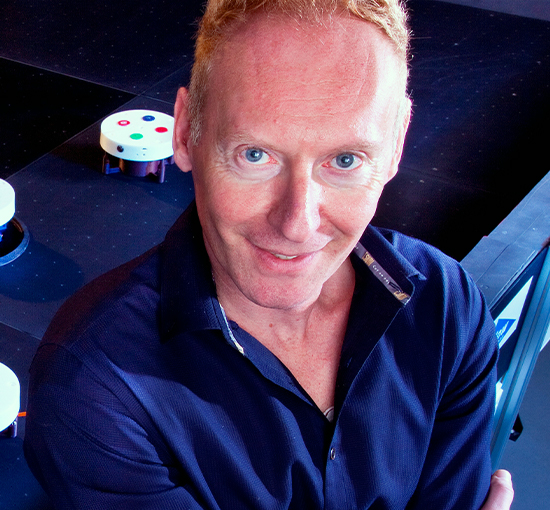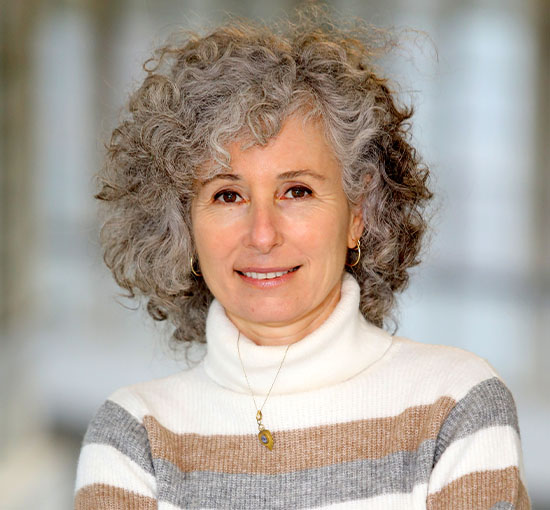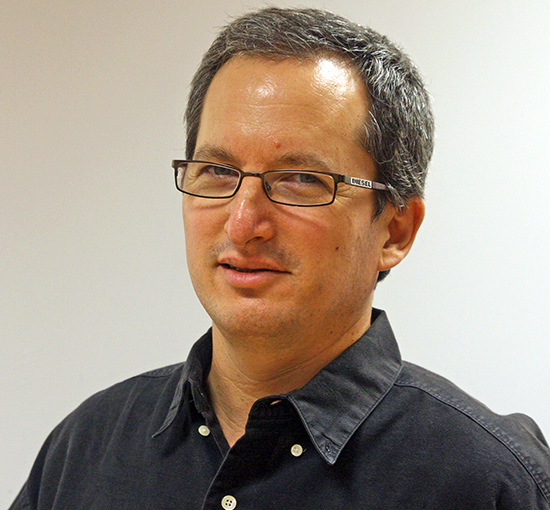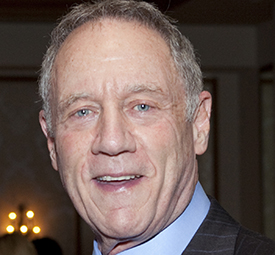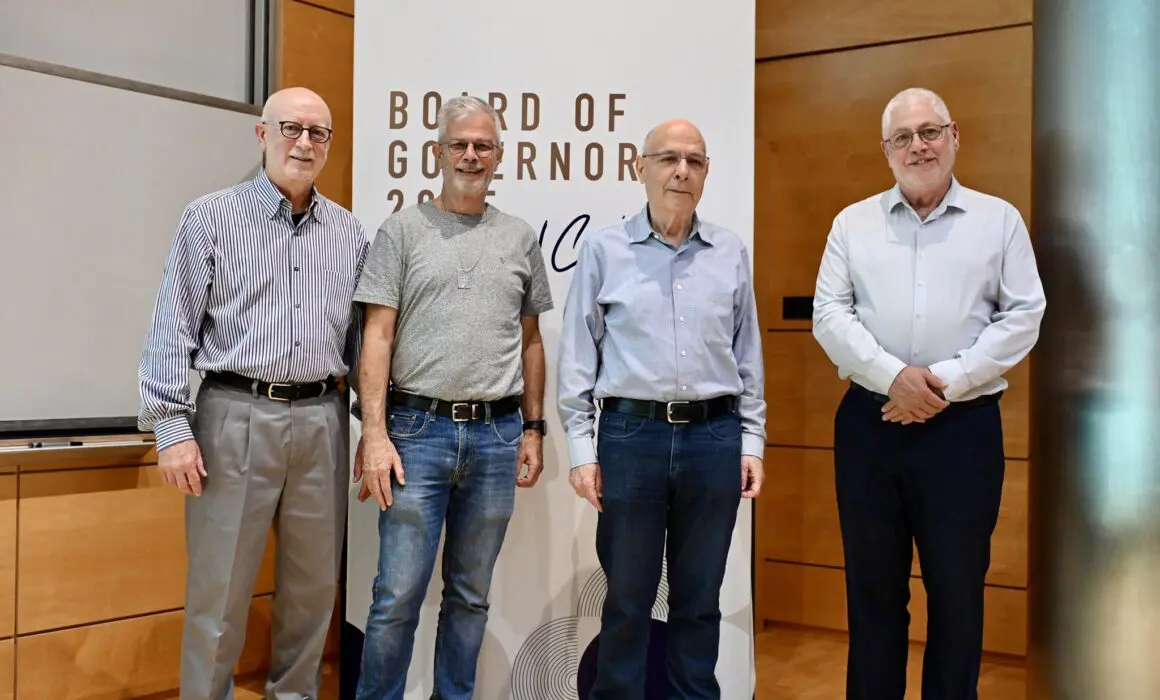Aerospace, Reinvented at the Technion

What’s in store for aerospace engineering in the coming years? A peek at projects being spearheaded by the Technion reveals technology of science fiction caliber, but the next frontier is closer than we think. The Technion’s Faculty of Aerospace Engineering and its Norman and Helen Asher Space Research Institute (ASRI) are exploring impressive projects from a hyper-sonic aircraft that travels at five times the speed of sound to telescopes that self-assemble in space.
Often referred to as a “mini-NASA,” the Technion Faculty of Aerospace Engineering is the only department of its kind in Israel and has trained most of the nation’s rocket scientists. Its researchers are involved in Israel’s priority space projects and have played an outsized role in building Israel’s aerospace industry. ASRI builds on the work of the faculty, advancing education in space technology and space science. Operating with a broad national perspective, the institute conducts interdisciplinary work and collaboration with other universities and industry, and has achieved global recognition.
In this past year, the Technion, in collaboration with Israel’s largest aerospace and defense company, Israel Aerospace Industries Ltd. (IAI), has put the finishing touches on the geo-location Adelis-SAMSON mission scheduled for March 2021. Three satellites, the size of shoe boxes, will fly in formation autonomously, without intervention from the ground. They are tasked with picking up electromagnetic signals from Earth and detecting their precise location for search and rescue, remote sensing, and environmental monitoring.
Other space research in various stages of development include:
- the Micro Hall thruster, next generation microsatellite propulsion
- an oscillator that provides accurate timing for satellites to replace heavy, expensive atomic clocks
- mission “Ciel,” a collaboration with France to better understand clouds and weather forecasting
- simulations of lunar landing missions for Israel’s future plans to the moon
“Space research is a passion, a pleasure, and a commitment,” said Professor Pini Gurfil ’94, Ph.D. ’20, director of ASRI and one of the heads of the SAMSON project. Prof. Gurfil devoted his life to furthering Israel’s space initiatives. He started undergraduate studies at age 19, spent six years in the military, worked in industry on anti-armor missiles, and joined the Technion in 2003, heading up the Distributed Space Systems Lab. He was one of three aerospace engineers who spoke about Technion space research in a recent American Technion Society (ATS) webinar.
“We have had and still have a unique role in shaping Israel’s aerospace activities in education, research, and industry,” said Tal Shima ’92, Ph.D. ’01, who is dean of the Faculty of Aerospace Engineering and researches aircraft defender missile technology. Since the faculty was established in 1954, he noted, its graduates have helped build Israel’s Air Force and aerospace industry. Technion alumni helped design the defensive missile systems Iron Dome and Arrow, and alum Boaz Levy was recently appointed CEO of IAI.
To maintain its excellence, the department has a clear roadmap that includes recruiting 20 faculty in the next decade, renovating its historic building, and building additional space, he explained. Currently, the Technion has 25 aerospace faculty and a total student body of about 400.
The faculty’s 10-year plan also calls for hiring more female rocket scientists like Daniella Raveh ’92, Ph.D. ’99. “Yes I’m a woman in aerospace engineering,” Prof. Raveh told webinar participants. “And I hope that in the very near future, the question of being a woman in aerospace won’t be interesting.” While the faculty only has 2 women, through events like “Touching the Skies,” in which high school students are invited to the Technion to learn about aerospace, female enrollment has increased 10%.
She noted her dad studied civil engineering at the Technion. “I wanted to become an engineer like my dad, but to do something different, to climb a higher tree. Then I fell in love with aerospace.” Prof. Raveh talked about her work with A3TB (Active Aeroelastic Aircraft Testbed), a 3D printed aircraft used for experimenting with wing flexibility and green aviation.
The online event was moderated by ATS supporter Stephen Klein of Philadelphia, whose significant contributions include support for the Flight Control & Guidance Laboratory in the Faculty of Aerospace Engineering. Mr. Klein notes that the Aerospace Engineering Faculty was conceived by Israeli President David Ben Gurion “at a time when Israel did not even own a modern airplane.” Now, he said, “not only has this faculty trained remarkable aerospace engineers, but its students and faculty helped to build the burgeoning aerospace and defense industries that have been vital for the security of Israel. And the American Technion Society has played a critical role.”
Watch Webinar
More About
More High-Tech Future stories

Wearable Microneedle Patch Offers Real-time Diabetes Tracking

